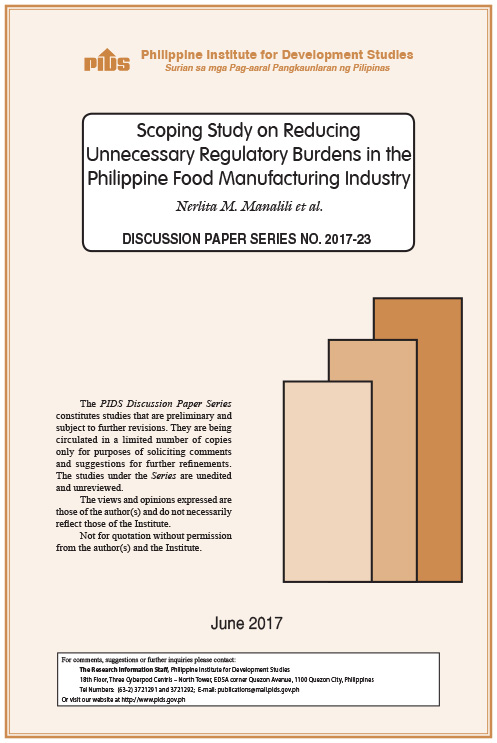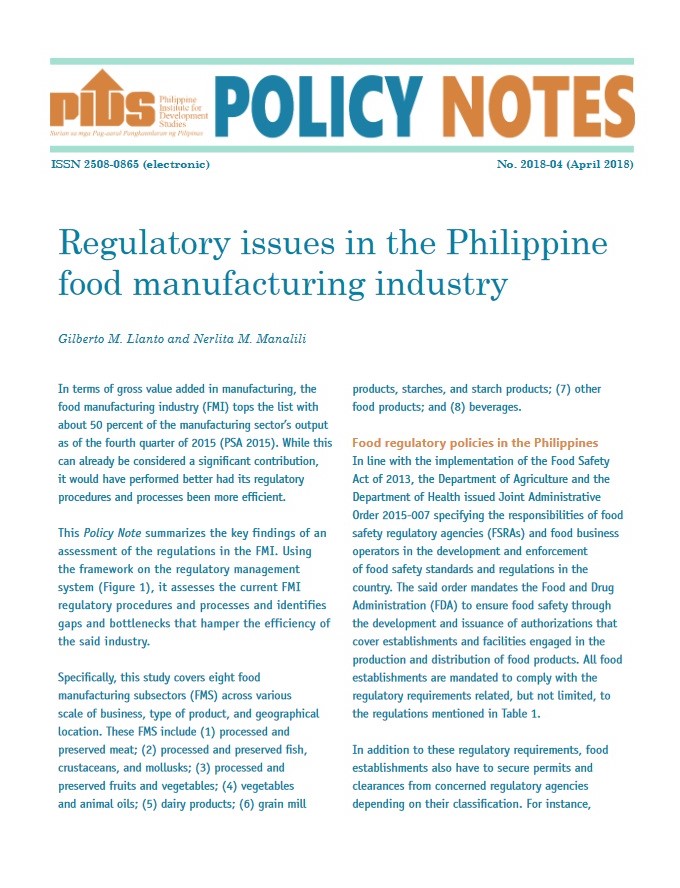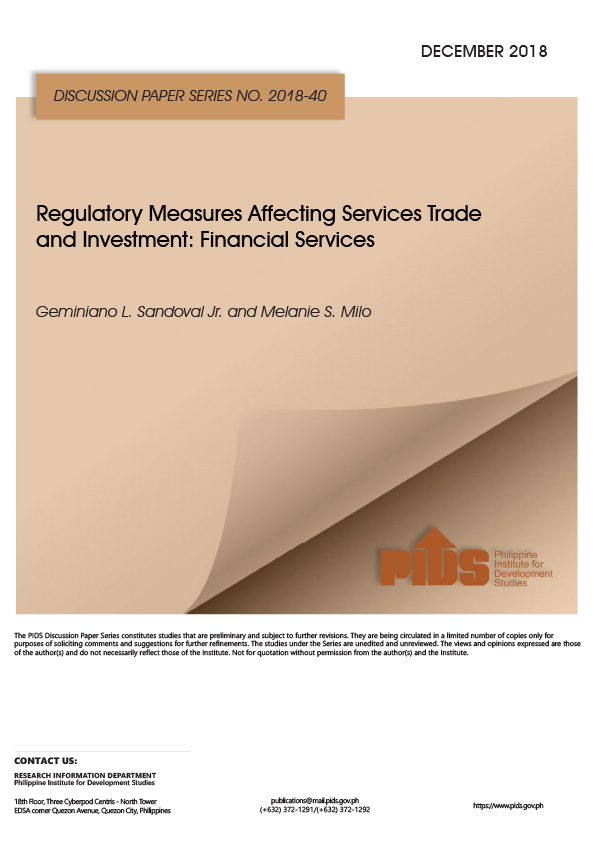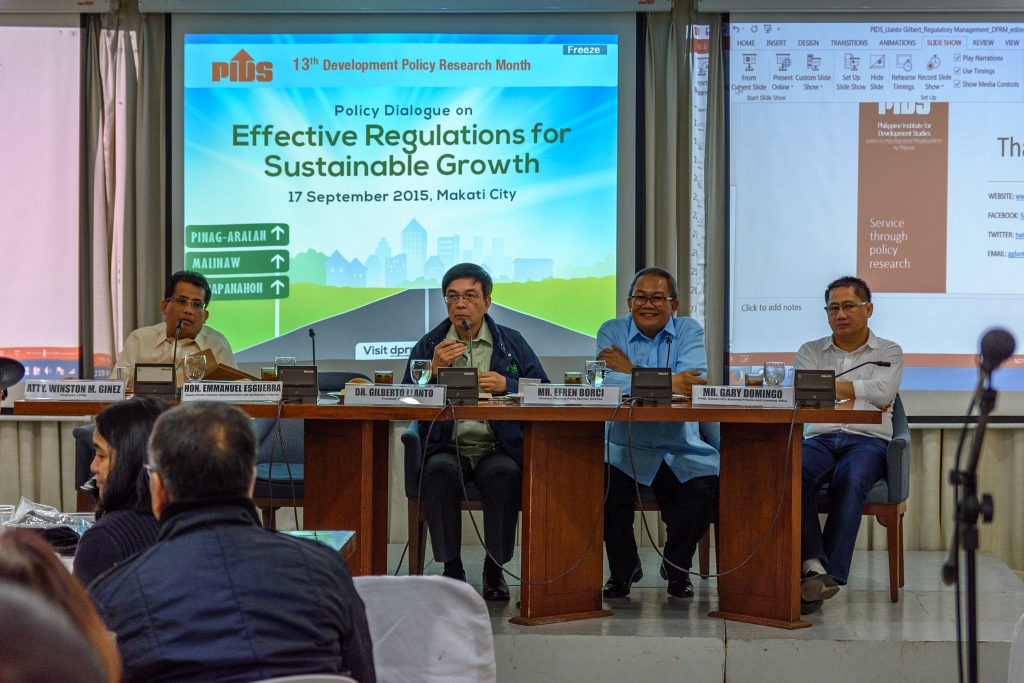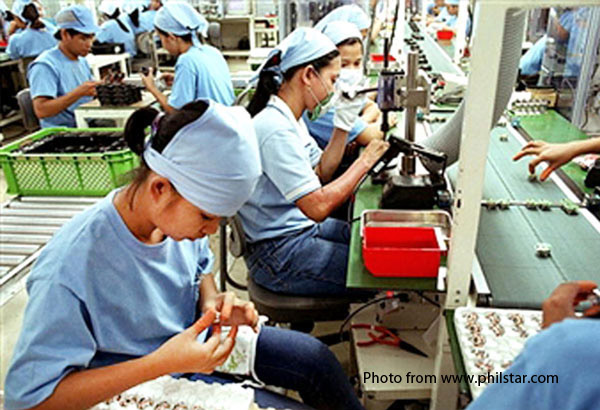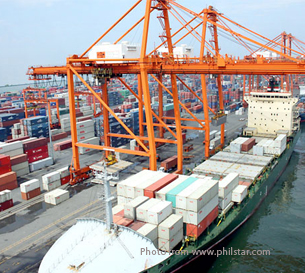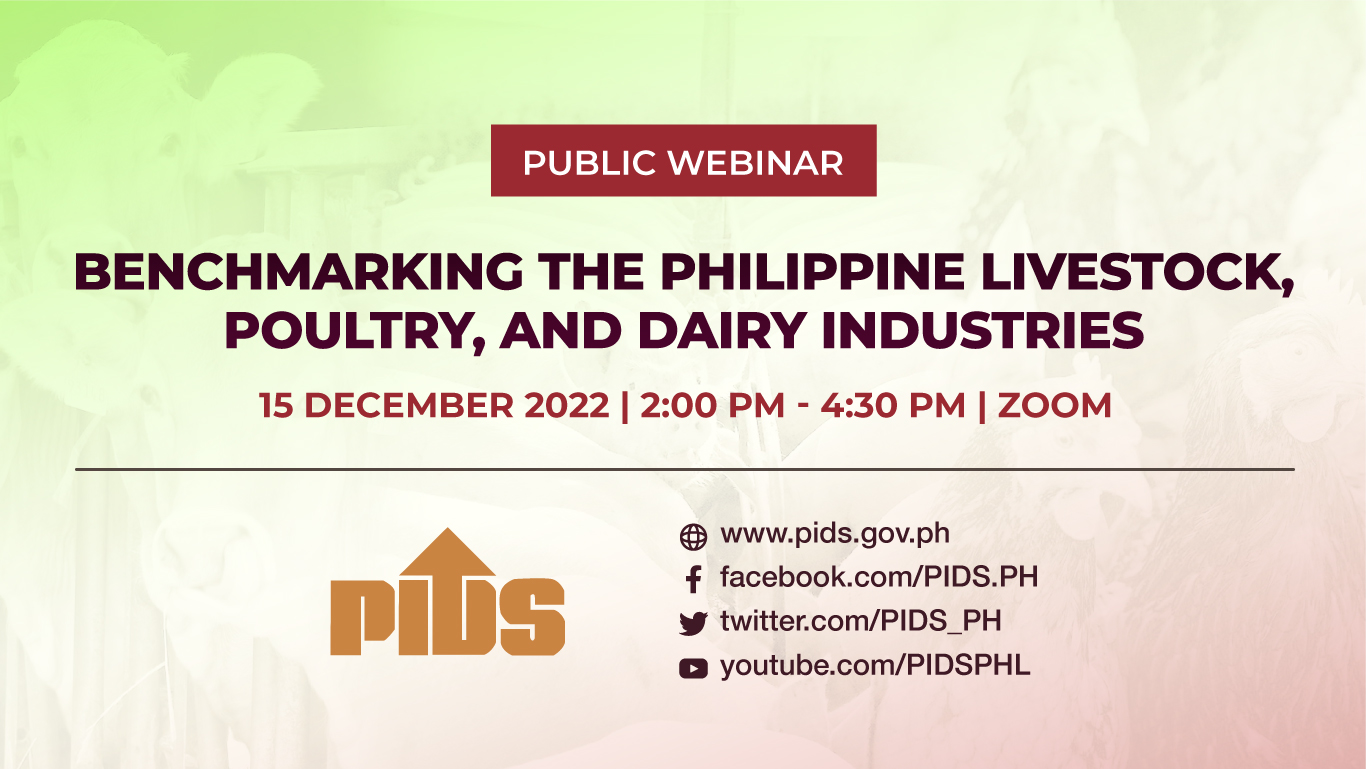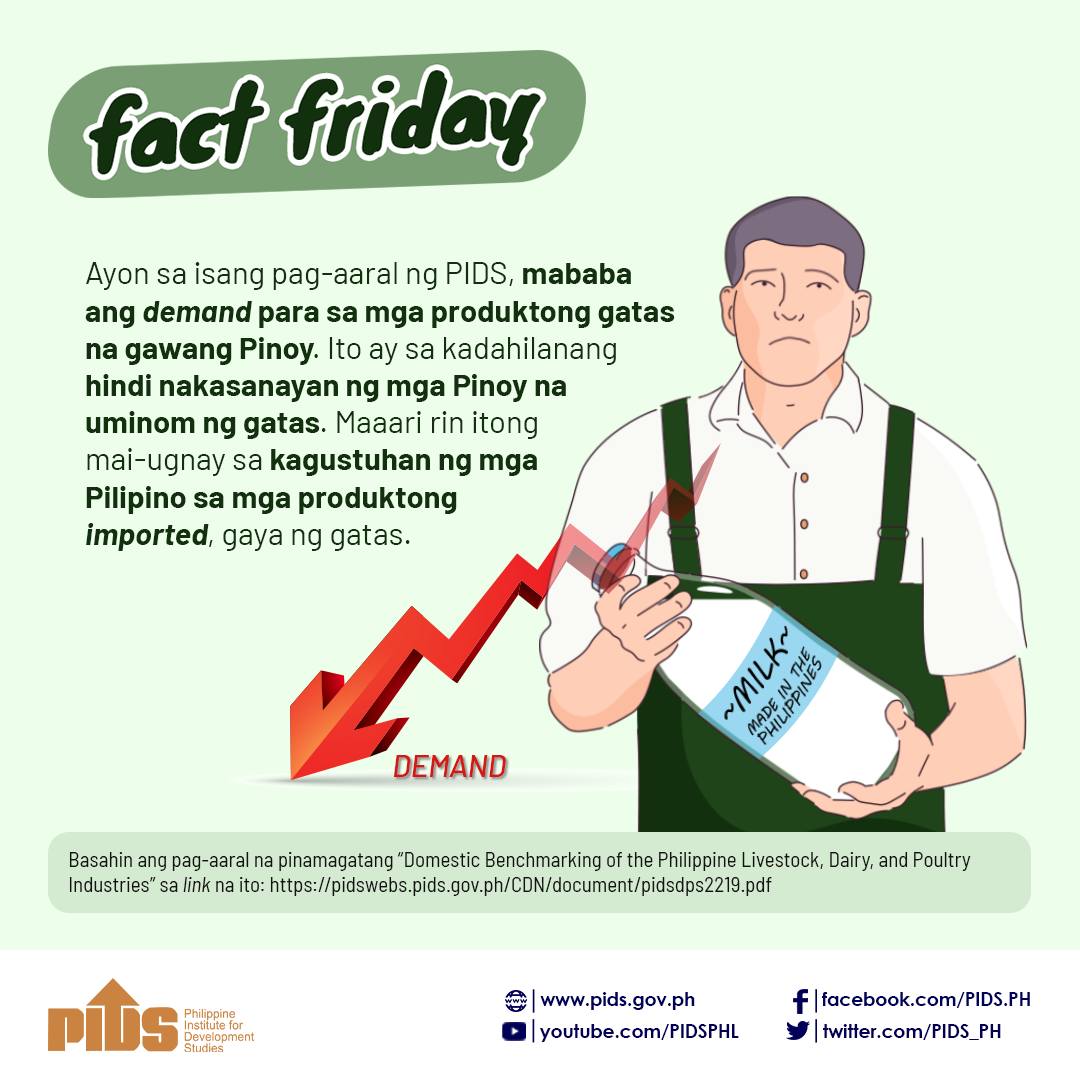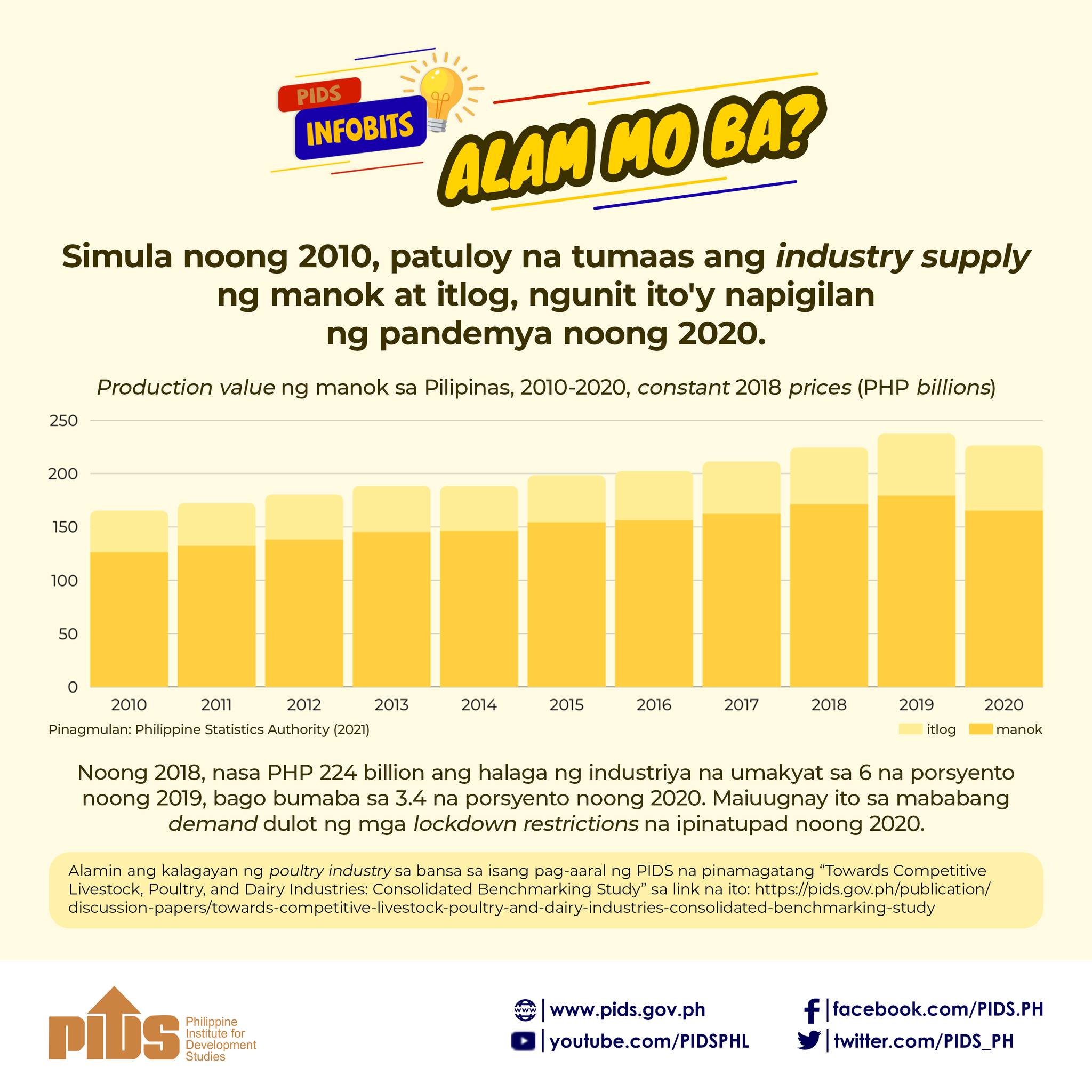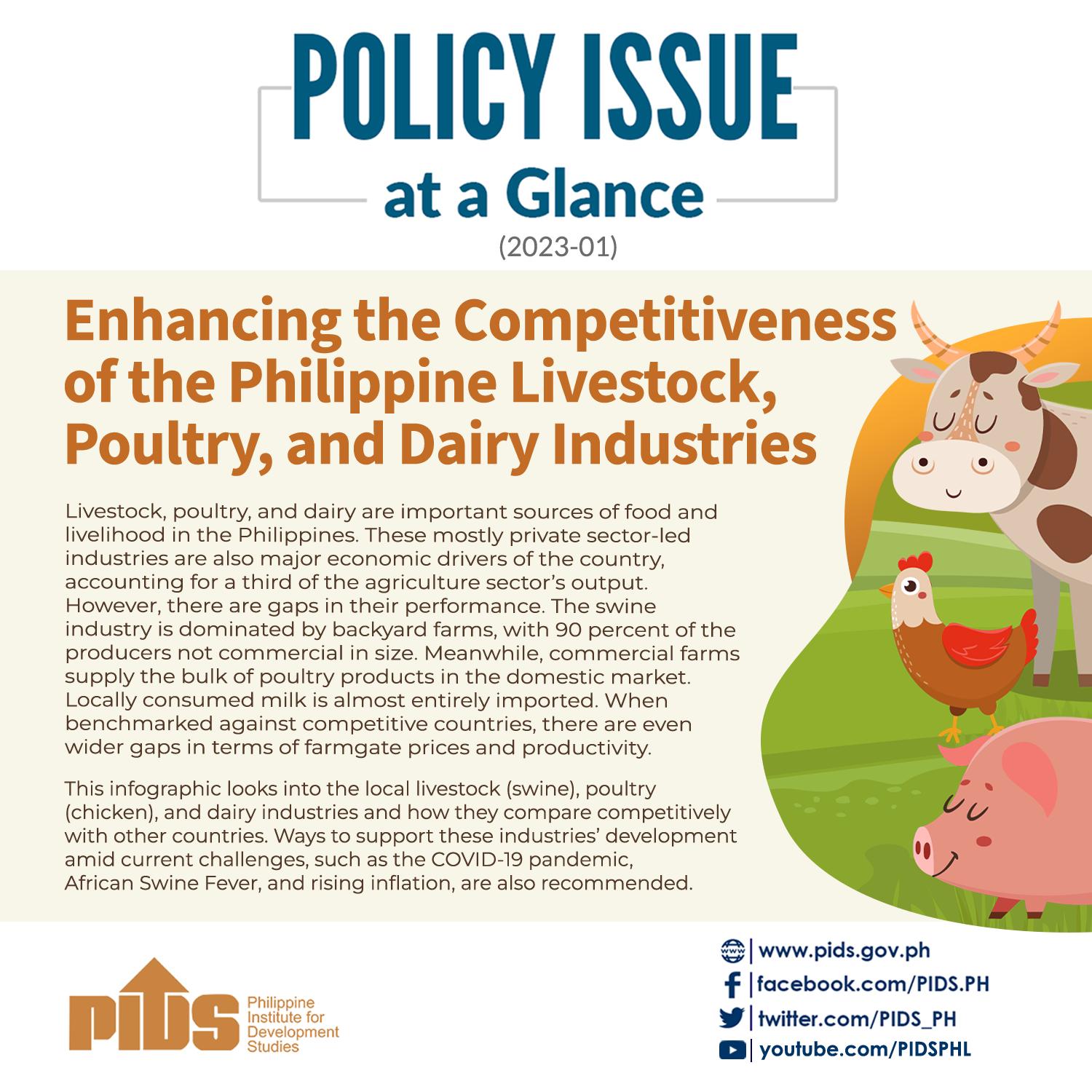It would also be of great help if the government can publish a compilation of the regulatory policies per subsector. The milk subsector has a compendium of regulatory policies but this was initiated by the industries itself and needs to be updated as well,” it added.
The government should also “draw the line” between the regulatory functions of the National Dairy Authority (NDA) and Food and Drug Authority (FDA) in implementing the provisions of the Food Safe Act.
With regard to the implementation of the Food Safety Act, there is still no clear delineation between the regulatory function of NDA and FDA. According to the NDA representative, the NDA covers activities from milk production to post-handling activities. However, there are still grey areas particularly on the regulatory functions that the NDA and FDA need to provide in 72 the posthandling activities of milk,” the study read.
Although there are already initiatives from the NDA to develop dairy regulations and standards, the latter issue has not been resolved and is still in need of consultations not only with the stakeholders but, more important, with FDA,” it added.
Big dairy-industry players, such as Alaska, do not deem compliance costs to regulatory requirements as a significant constraint to business operations as they have sufficient funds to cover them, according to the study.
Regulatory requirements mandated either by both local and international bodies are strictly followed by these companies in order to protect both their brand and the welfare of its consumers. As such, a regulatory cost was not much of an issue for these companies,” the paper read.
Regulatory costs, relative to other expenses of the companies, entail only minimal impact to the operation cost and will not pose significant effect on the prices of milk products. Representative from Alaska mentioned that they have not increased prices of milk for the last two years,” the paper added.
The same view on compliance costs could be seen in small-scale milk-processing industries. However, for players, like the Kooperatibang Manggagatas Integrated Cooperative (KKMI), regulatory procedures could still be improved by decreasing the number of days needed to process the requirements.vKKMI representative said that regulatory requirements are needed not only to ensure food safety, but also to allow them to continue business with their clients,” the paper read.
When asked if there are suggestions to improve the regulatory procedure, the participants mentioned that there is really a need for these requirements but the problem is the number of days it takes to secure and permits. For example, processing of their CPR [Certificate of Product Registration] took longer than what is prescribed in the FDA procedural guidelines,” it added.
Some of the regulatory requirements needed to comply by KKMI include: barangay permit, fire-safety inspection certificate, sanitary permit, certificate of annual inspection, business and/or mayor’s permit, certificate of good standing, license to operate and certificate of production registration.
These regulatory requirements vary in processing time, with some taking only an hour, while others requiring three months at most. The cost for each requirement ranges from P500 to P15,000.
According to the respondents, regulatory costs are already embedded in the existing pricing scheme. However, these regulatory costs have very minimal impact on prices such that it cannot vary the prices,” the paper read.
It is the changes in the prices in the raw materials that could significantly contribute to changes in the prices. Also, it was stressed by the participant that regulatory cost only entails minimal expenses relative to other operational costs,” it added.
For big dairy-industry stakeholders, like Alaska, they are required to comply with additional requirements, such as: Certificate of Trademark for its products from Department of Trade and Industry; Clearance from the Philippine National Police and Philippine Drug Enforcement Agency for precursor chemicals used as raw materials for milk processing;and Halal certification.
The government should also “draw the line” between the regulatory functions of the National Dairy Authority (NDA) and Food and Drug Authority (FDA) in implementing the provisions of the Food Safe Act.
With regard to the implementation of the Food Safety Act, there is still no clear delineation between the regulatory function of NDA and FDA. According to the NDA representative, the NDA covers activities from milk production to post-handling activities. However, there are still grey areas particularly on the regulatory functions that the NDA and FDA need to provide in 72 the posthandling activities of milk,” the study read.
Although there are already initiatives from the NDA to develop dairy regulations and standards, the latter issue has not been resolved and is still in need of consultations not only with the stakeholders but, more important, with FDA,” it added.
Big dairy-industry players, such as Alaska, do not deem compliance costs to regulatory requirements as a significant constraint to business operations as they have sufficient funds to cover them, according to the study.
Regulatory requirements mandated either by both local and international bodies are strictly followed by these companies in order to protect both their brand and the welfare of its consumers. As such, a regulatory cost was not much of an issue for these companies,” the paper read.
Regulatory costs, relative to other expenses of the companies, entail only minimal impact to the operation cost and will not pose significant effect on the prices of milk products. Representative from Alaska mentioned that they have not increased prices of milk for the last two years,” the paper added.
The same view on compliance costs could be seen in small-scale milk-processing industries. However, for players, like the Kooperatibang Manggagatas Integrated Cooperative (KKMI), regulatory procedures could still be improved by decreasing the number of days needed to process the requirements.vKKMI representative said that regulatory requirements are needed not only to ensure food safety, but also to allow them to continue business with their clients,” the paper read.
When asked if there are suggestions to improve the regulatory procedure, the participants mentioned that there is really a need for these requirements but the problem is the number of days it takes to secure and permits. For example, processing of their CPR [Certificate of Product Registration] took longer than what is prescribed in the FDA procedural guidelines,” it added.
Some of the regulatory requirements needed to comply by KKMI include: barangay permit, fire-safety inspection certificate, sanitary permit, certificate of annual inspection, business and/or mayor’s permit, certificate of good standing, license to operate and certificate of production registration.
These regulatory requirements vary in processing time, with some taking only an hour, while others requiring three months at most. The cost for each requirement ranges from P500 to P15,000.
According to the respondents, regulatory costs are already embedded in the existing pricing scheme. However, these regulatory costs have very minimal impact on prices such that it cannot vary the prices,” the paper read.
It is the changes in the prices in the raw materials that could significantly contribute to changes in the prices. Also, it was stressed by the participant that regulatory cost only entails minimal expenses relative to other operational costs,” it added.
For big dairy-industry stakeholders, like Alaska, they are required to comply with additional requirements, such as: Certificate of Trademark for its products from Department of Trade and Industry; Clearance from the Philippine National Police and Philippine Drug Enforcement Agency for precursor chemicals used as raw materials for milk processing;and Halal certification.

